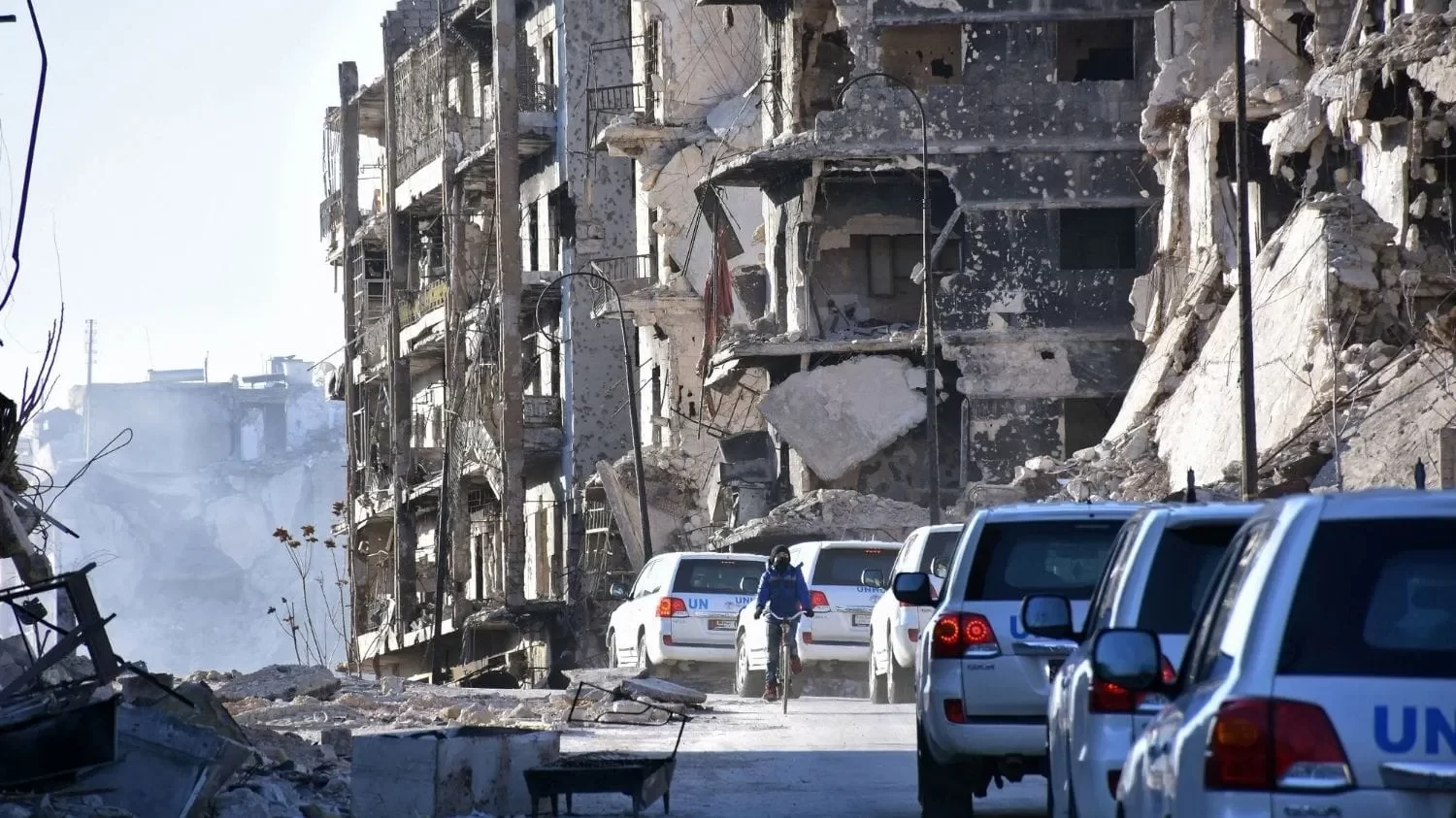The UNDP justified its financial support to Sukkar Homs company, which operates within the areas controlled by the Assad regime, as part of efforts to keep Syrians out of extreme poverty. It talked about supporting bread to save lives and attributed support to the government company for the lack of yeast plants within the country’s private sector.
The UN programme commented on funding for the rehabilitation of the yeast plant in Homs, noting that this came as production declined compared to before 2011. This led to higher bread prices as vulnerable families could cover only 50 % of their basic costs. It noted that according to technical assessments, rehabilitation would cost nearly $1 million.
Read Also: EU Extends Restrictive Measures Against Syrian Government
It was estimated that, through the Humanitarian Response Plan, some 12.4 million people relied on bread from public bakeries to meet minimum daily calories. The UNDP and its partners launched a series of integrated humanitarian interventions to promote the value chain from wheat to bread, which had been severely disrupted by years of conflict and drought.
This includes supporting agricultural communities, rehabilitating irrigation systems, and repairing public bakeries. It added that increasing yeast production in Homs represents a “high-impact intervention to rapidly and significantly expand access” to affordable bread, which includes nearly a third of the country’s population suffering from malnutrition, targeted through a humanitarian response.
The most vulnerable Syrians, whose diet is heavily dependent on wheat bread, feel the negative impact of the Ukrainian crisis on food security, with food insecurity in Syria reaching a historic level, UNDP said.
A few days ago, media affiliated with the regime said that the Sukkar Homs Company, which is under the control of the Assad regime and influenced by figures close to the regime, began in cooperation with the United Nations Development Program to rehabilitate the company’s yeast plant, at the cost of up to $1 million, it estimates.
Tarek Safar, an official with the UNDP office in Homs, estimated that the rehabilitation process will be completed within 6 months, according to the contract signed with the contractor, at the cost of up to one million dollars, and includes replacing some lines to increase production capacity to maintain the factory’s productivity, as it is the only one that produces fresh yeast.
The general manager of Sukkar Homs said that the plant is still out of work because of the lack of raw materials and the oil and soap plant, according to media statements quoted by a newspaper close to the Assad regime. It has already announced the suspension of these factories and thus continues to close them with repeated justifications and allegations about the causes.
UN executive offices and programmes are active in dealing with regime institutions, not least funding a container distribution project within cities under Assad’s control. UNDP Syria has already announced a competition to support students from regime-controlled universities over the past year.
Through various programs, the UN has directly supported the rehabilitation and restoration of public facilities and landmarks in regime control areas, including support for agriculture, irrigation, energy plants, and councils run by the Assad regime’s Ministry of Local Administration and Environment. This comes in addition to rehabilitating some roads, markets, schools, and historic sites, despite warnings that the Assad regime will exploit this support, especially since all sectors are affected by the regime’s comprehensive war against the Syrian people.
This article was translated and edited by The Syrian Observer. The Syrian Observer has not verified the content of this story. Responsibility for the information and views set out in this article lies entirely with the author.


